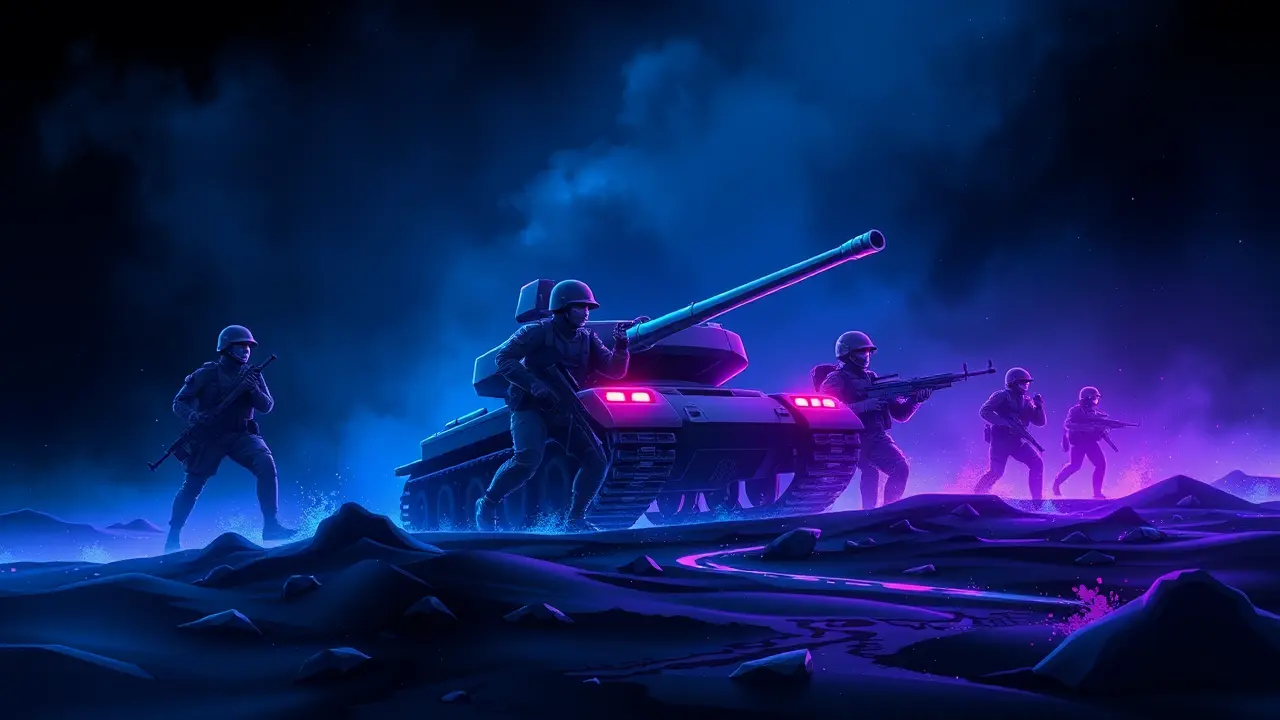
Politicsconflict & defenseMilitary Operations
NATO official says alliance will support Ukraine for lasting peace.
RO
Robert Hayes
10 hours ago7 min read
In a sobering assessment that echoes the grim stalemates of twentieth-century European conflicts, Admiral Giuseppe Cavo Dragone, a senior NATO military official, has told the BBC that the war between Russia and Ukraine is now fundamentally 'bogged down,' signaling that it is 'almost time to sit and talk' to forge a lasting peace. This declaration, while not an official shift in policy, carries the weight of a seasoned military strategist acknowledging the tactical reality on the ground—a reality where Ukrainian valor, fortified by an unprecedented flow of Western arms and intelligence, has successfully blunted the initial Russian offensive, yet has been unable to achieve a decisive, war-ending breakthrough.The Admiral's comments reflect a growing, if reluctant, consensus within the halls of NATO headquarters: that a protracted war of attrition serves no one's long-term interests, least of all the Ukrainian people who endure daily shelling and a shattered infrastructure, and that the alliance's steadfast support must now be strategically channeled toward creating the conditions for a viable, albeit likely painful, negotiated settlement. This is not a call for capitulation, but a Churchillian recognition that 'jaw-jaw is better than war-war,' a moment where diplomatic leverage, built upon a foundation of military resilience, must be exercised.The path to such a negotiation is fraught with complexity, harkening back to the difficult armistices of the past, where ceasefires were often just the beginning of decades of frozen conflicts and simmering tensions, as seen in the Korean Peninsula or Cyprus. For NATO, the imperative is to ensure that any future talks do not simply reward Russian aggression with territorial concessions, but instead secure a sovereign and secure Ukraine, likely backed by ironclad security guarantees that fall just short of full membership, a delicate balancing act designed to avoid a direct confrontation with a nuclear-armed Russia while drawing a definitive line against further expansionist ambitions. The Admiral's statement is thus a crucial piece of strategic signaling, aimed simultaneously at Kyiv, Moscow, and the sometimes-fractious alliance members, preparing all parties for the next, more diplomatically intense phase of this conflict, where the enduring support of the West will be measured not just in artillery shells, but in the wisdom and unity applied at the negotiating table.
#NATO
#Ukraine
#Russia
#peace talks
#military support
#featured
Stay Informed. Act Smarter.
Get weekly highlights, major headlines, and expert insights — then put your knowledge to work in our live prediction markets.
© 2025 Outpoll Service LTD. All rights reserved.